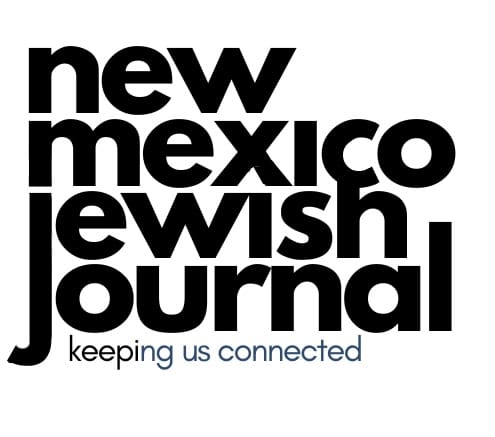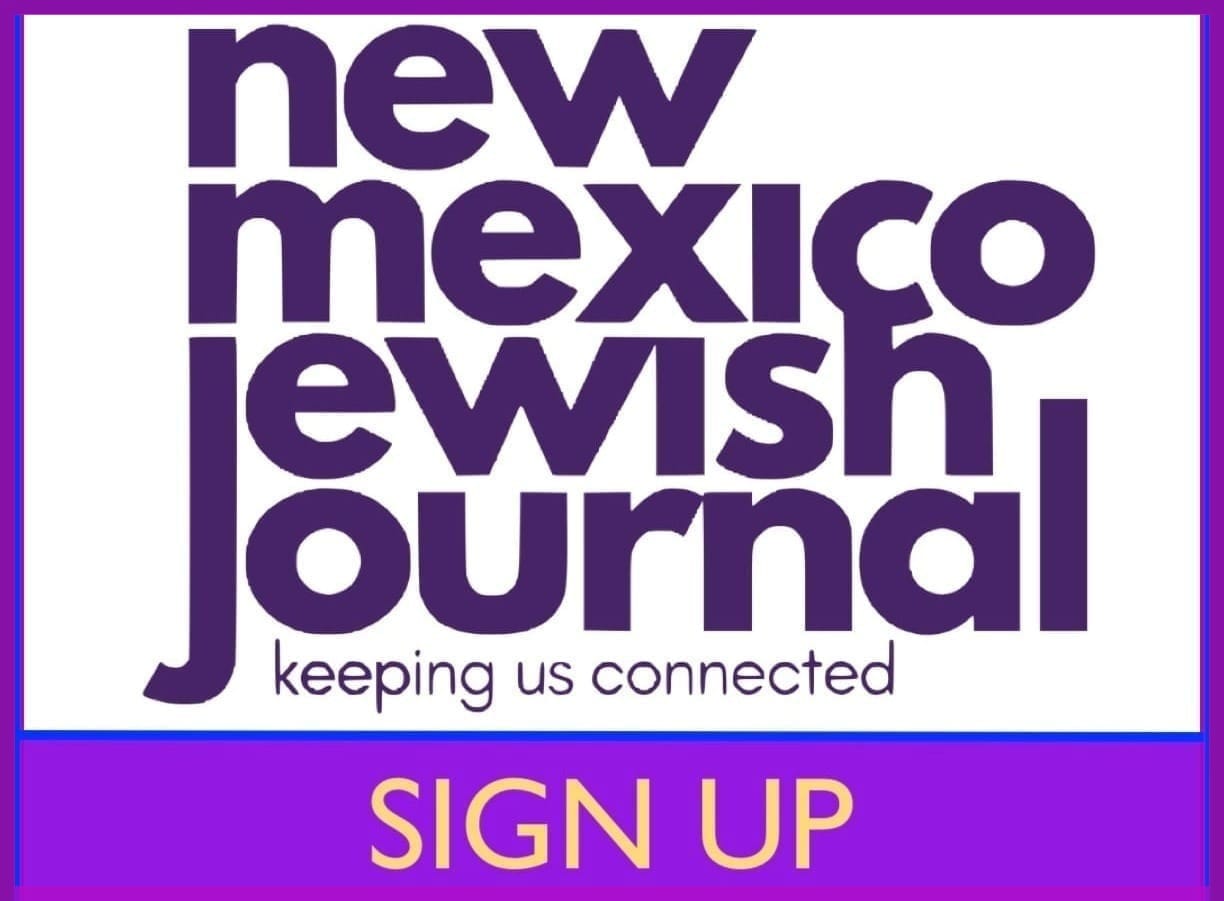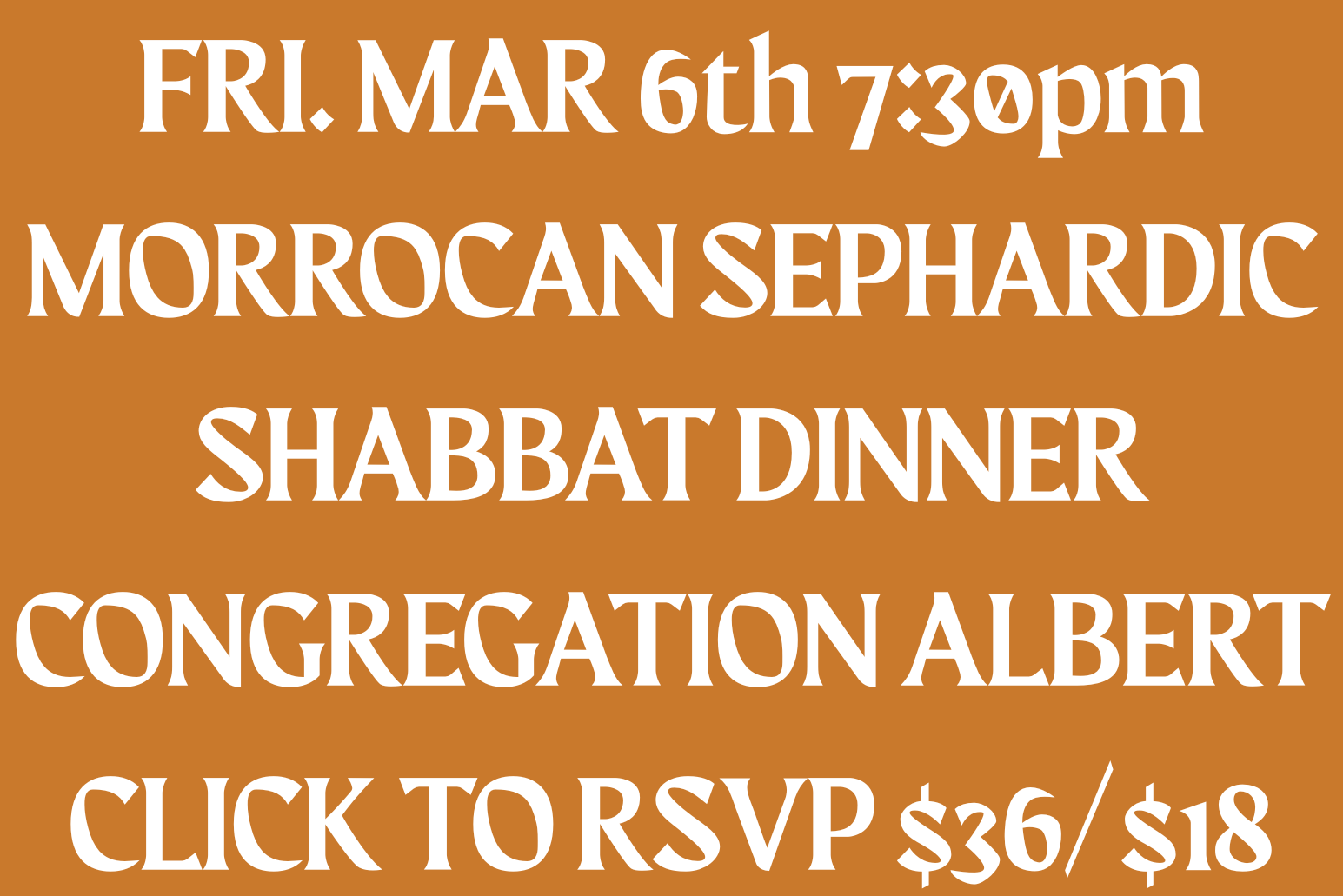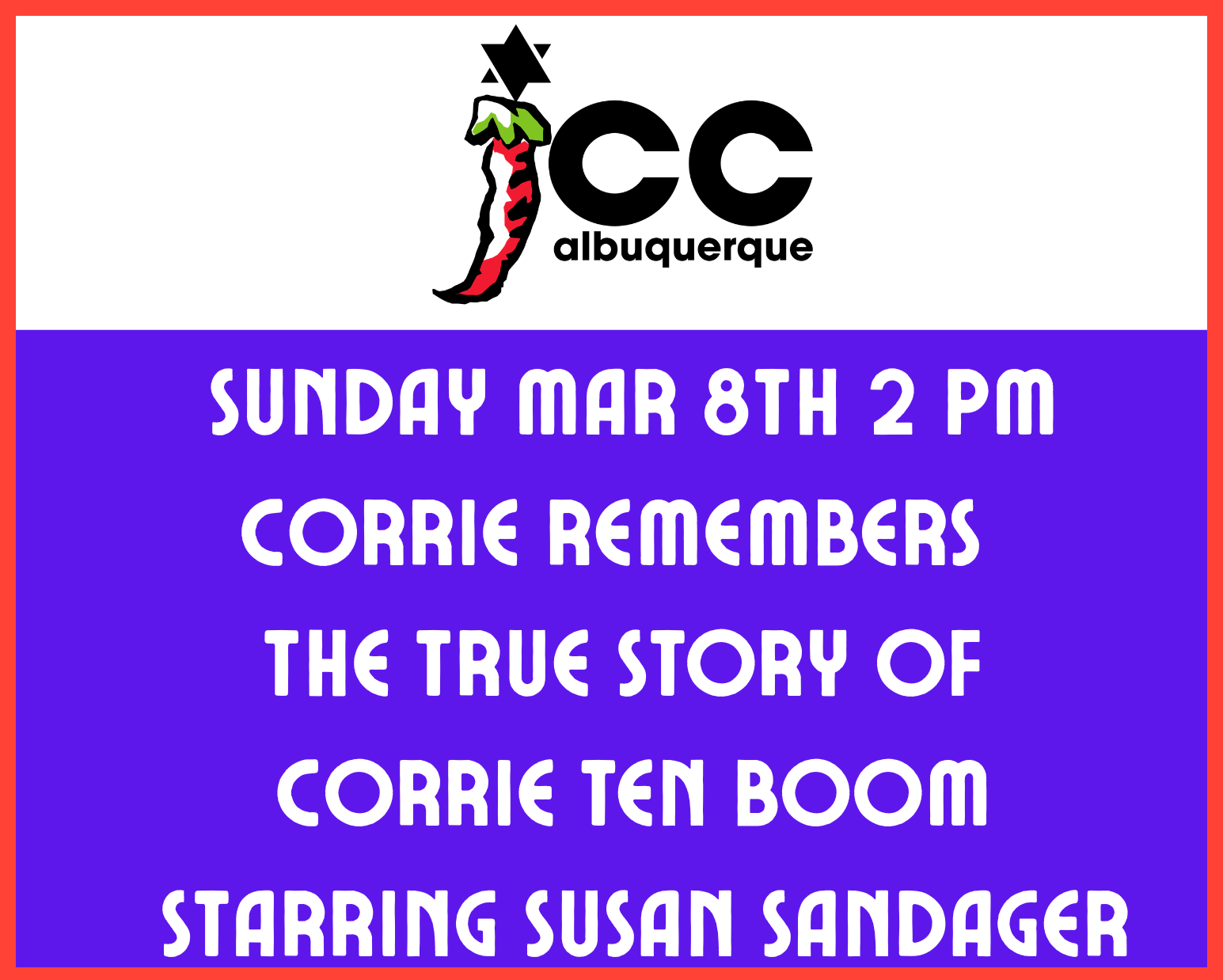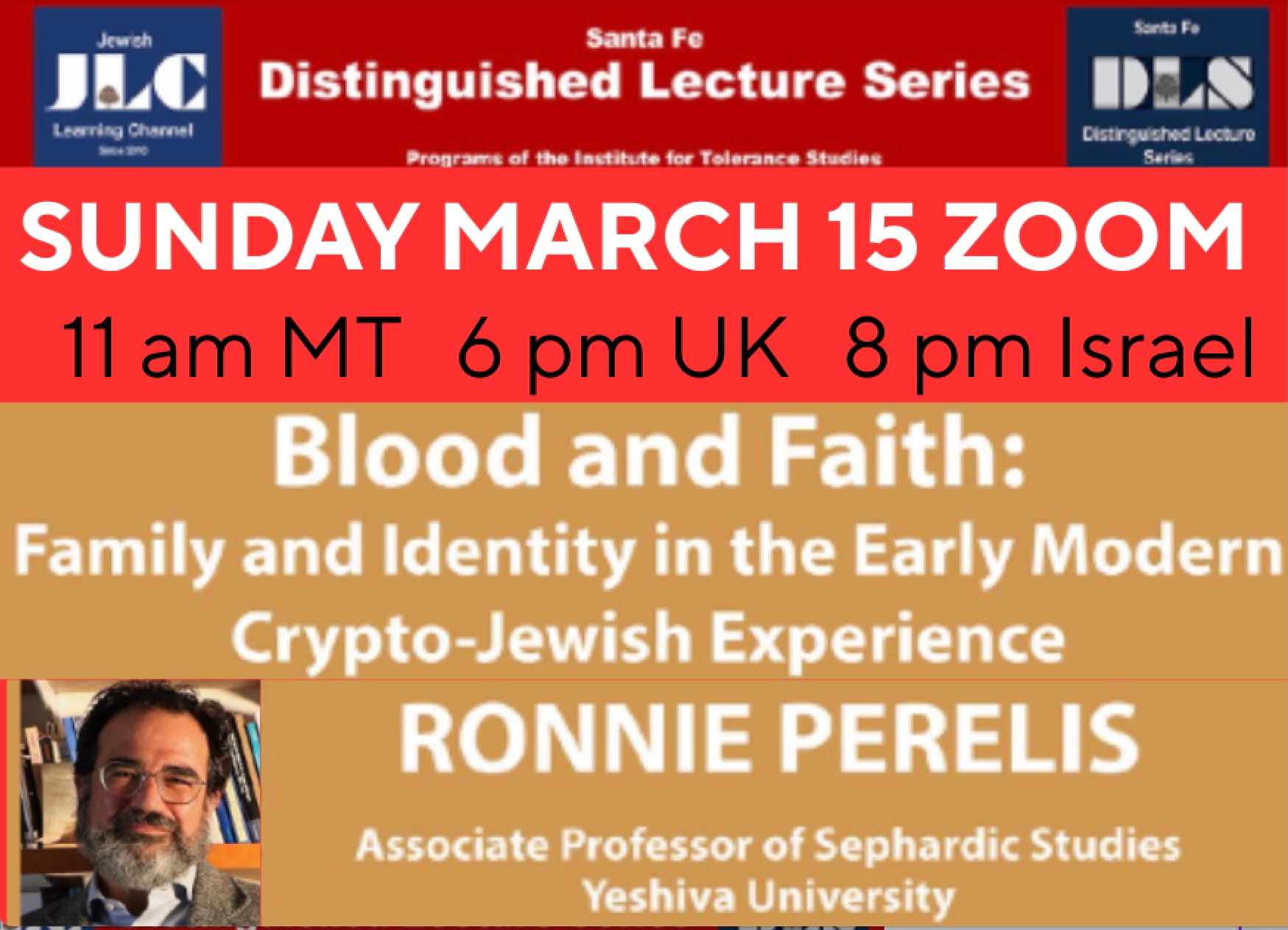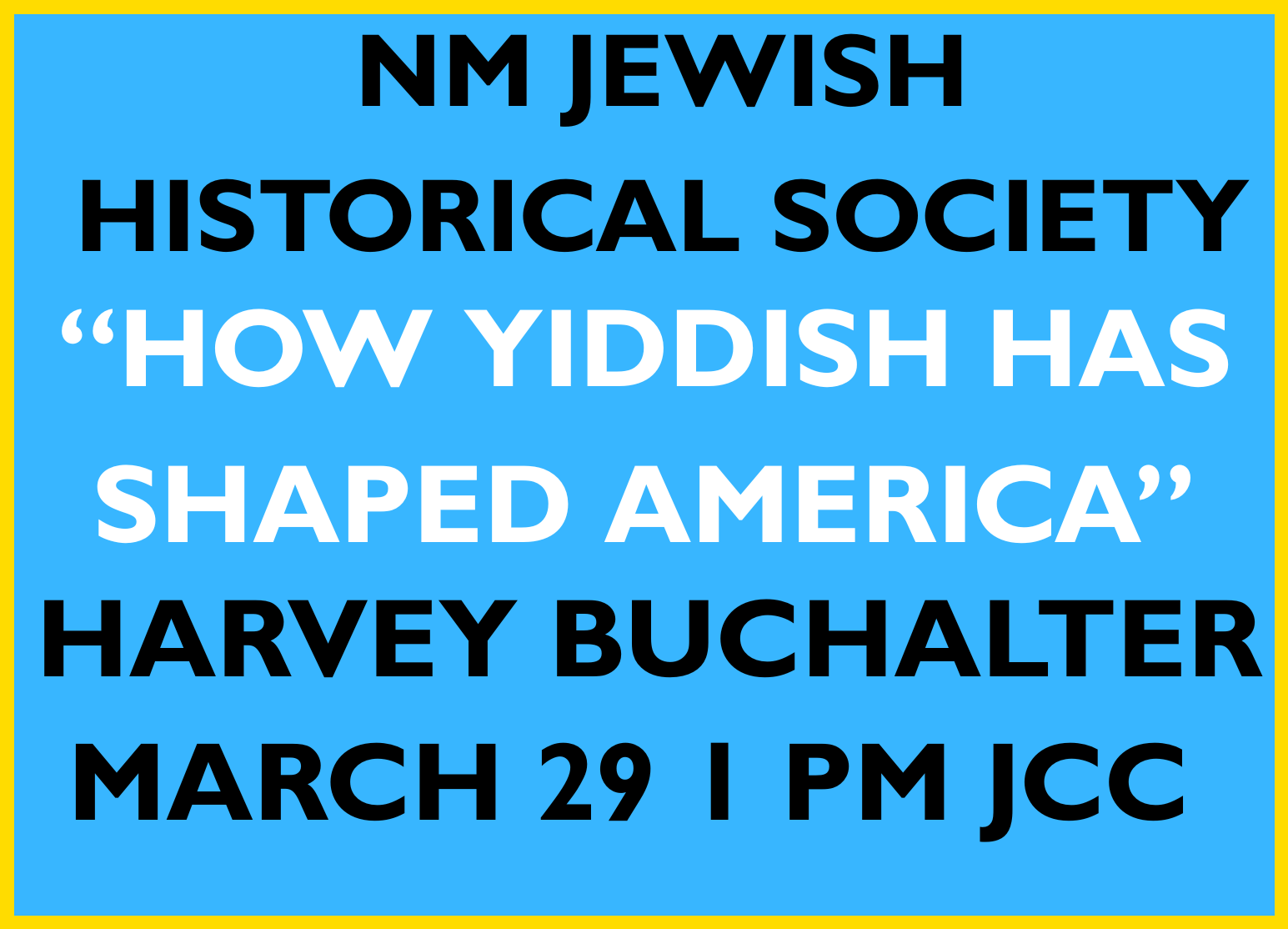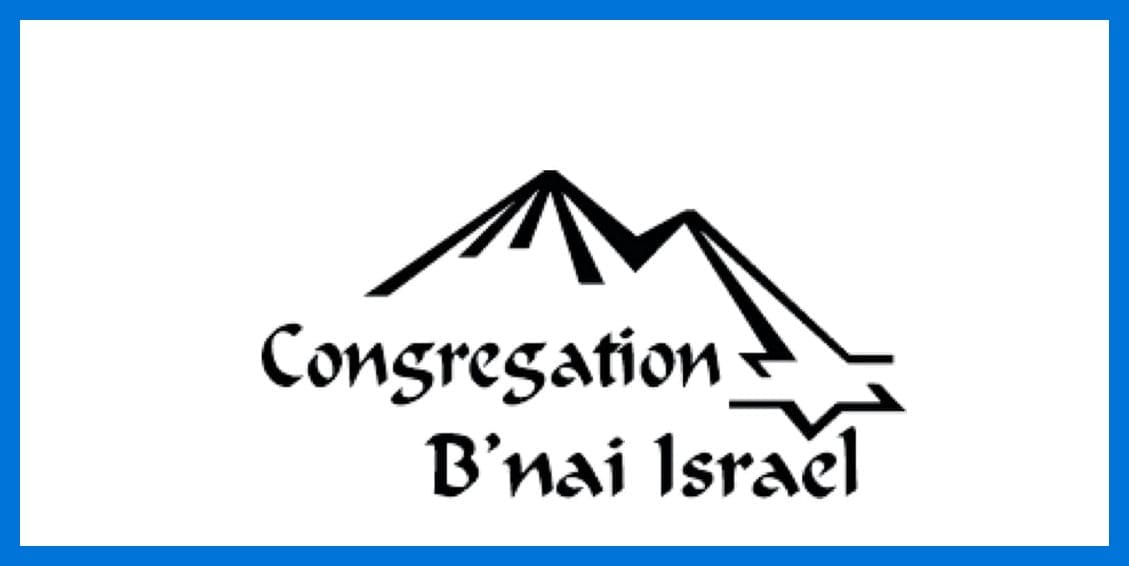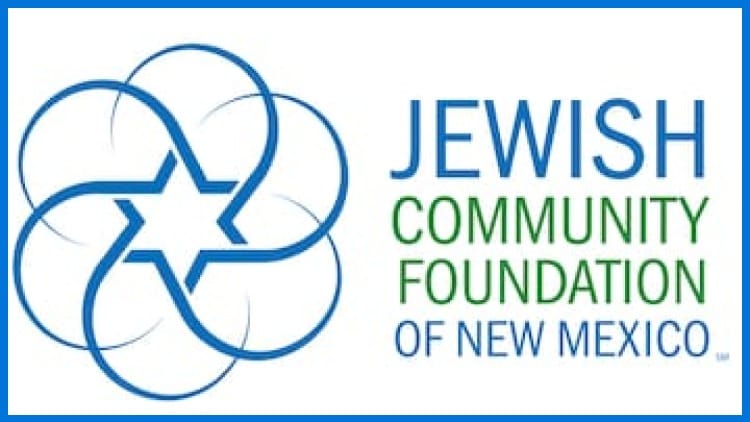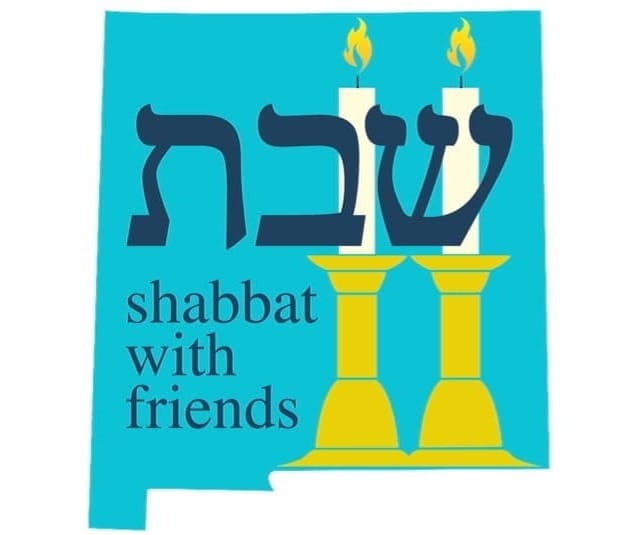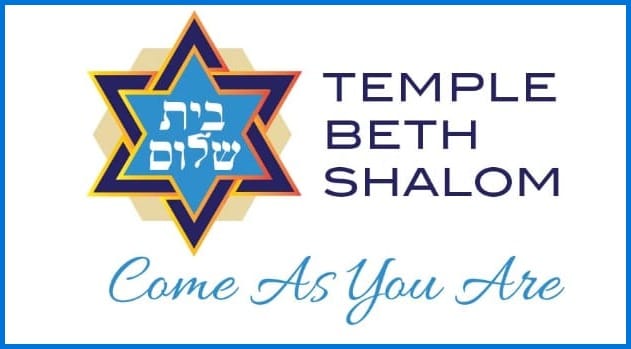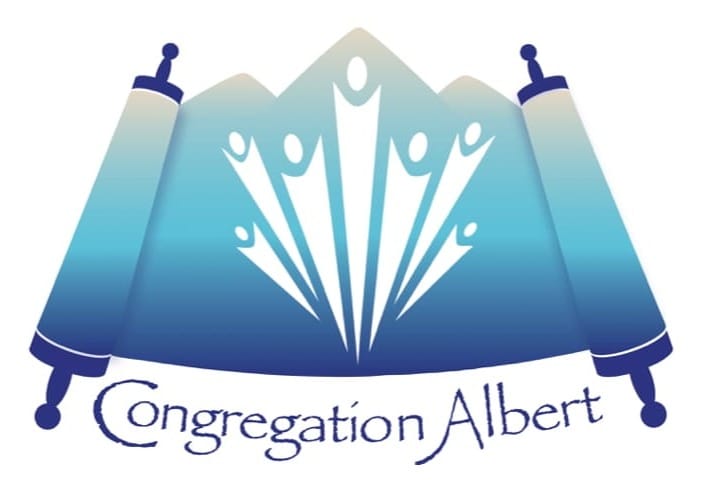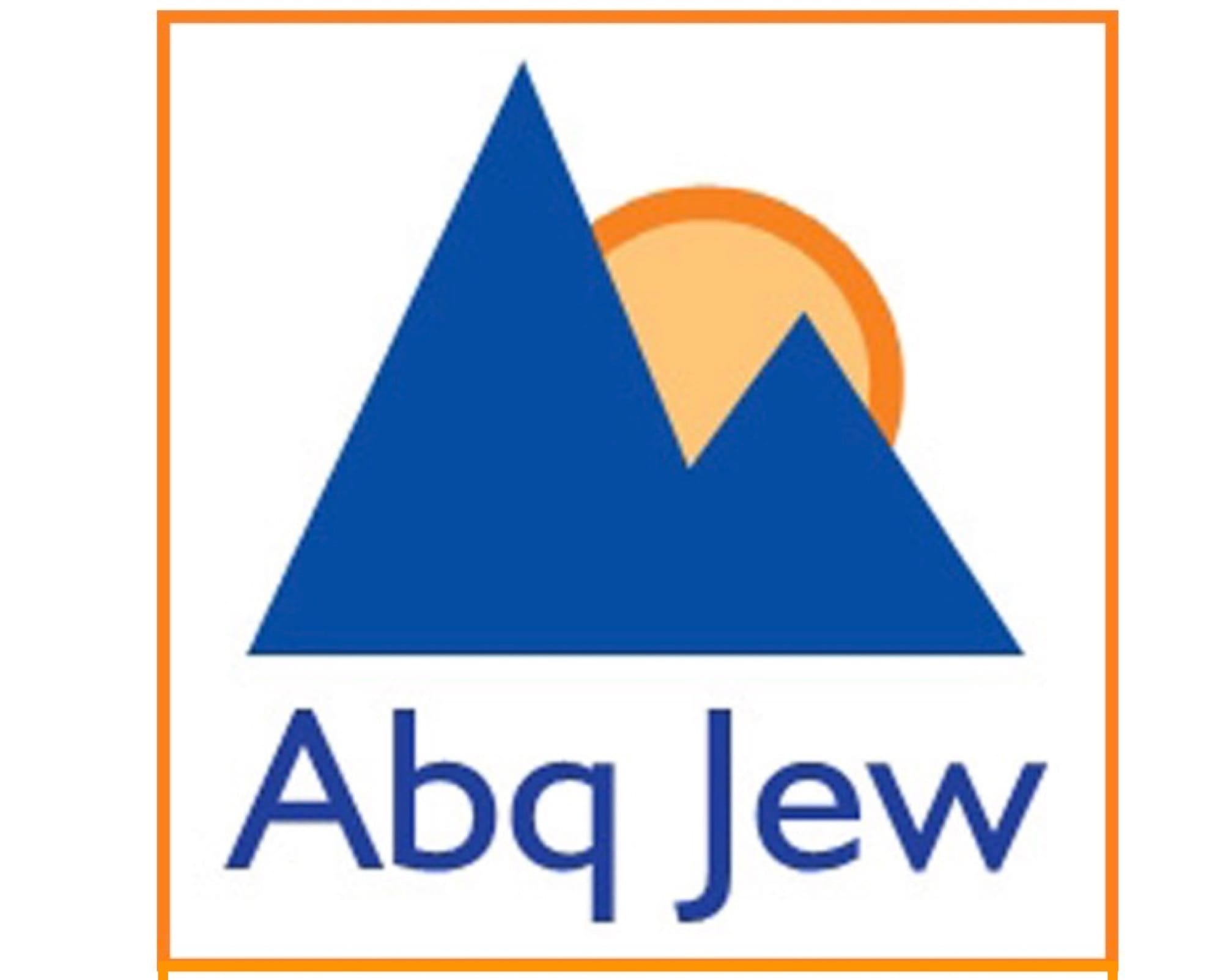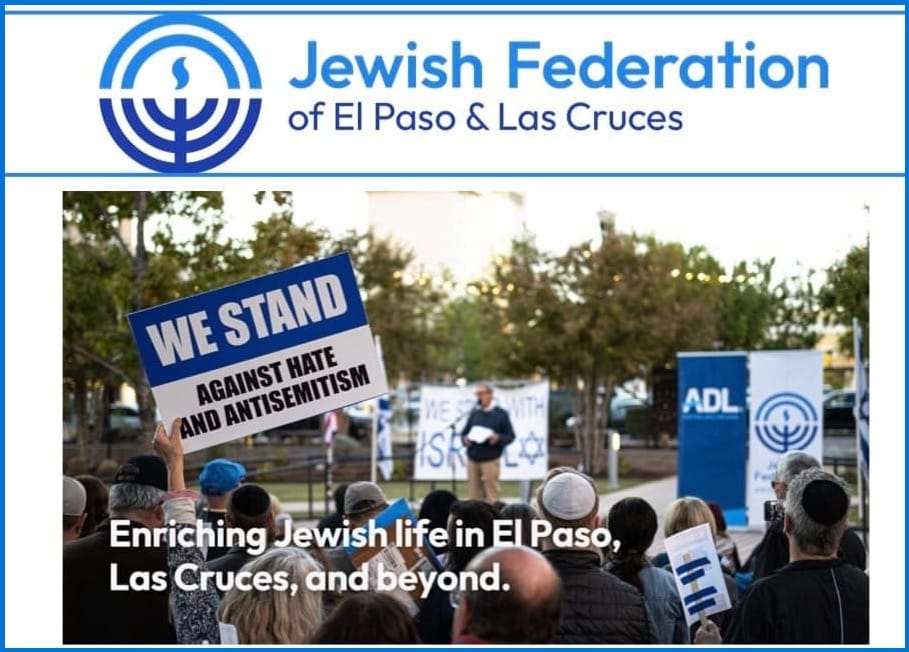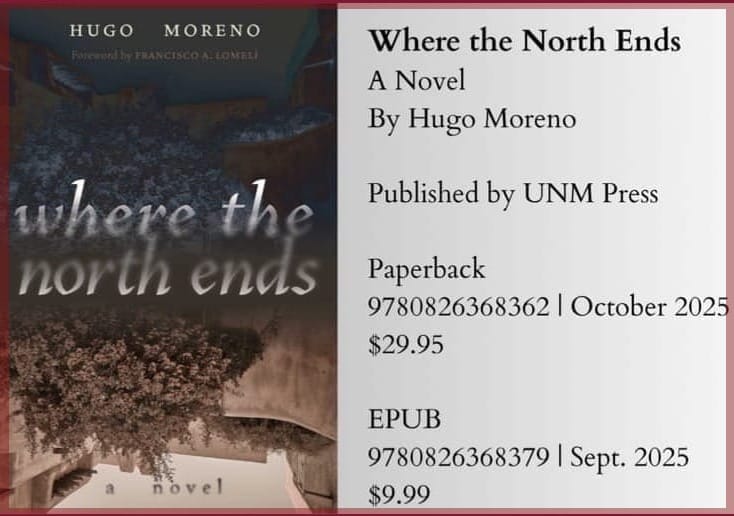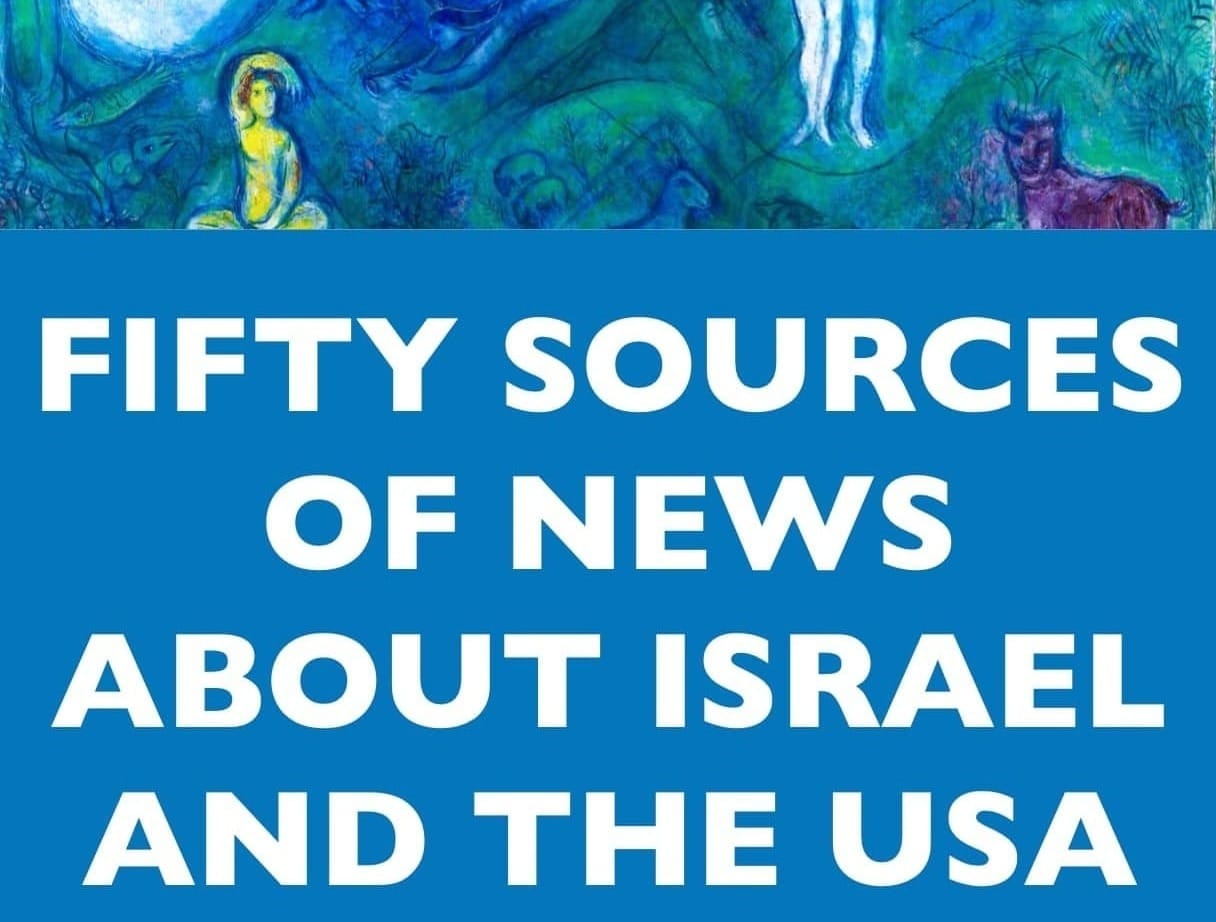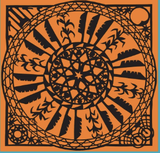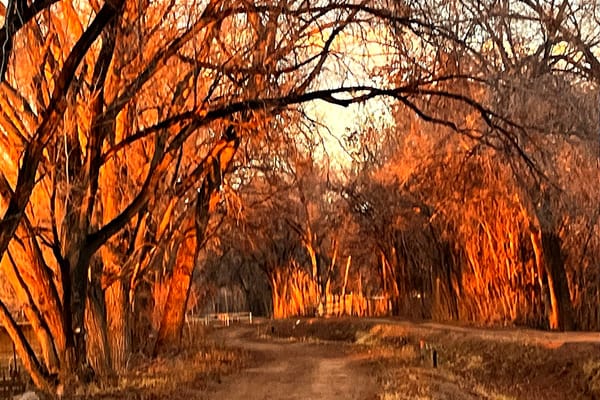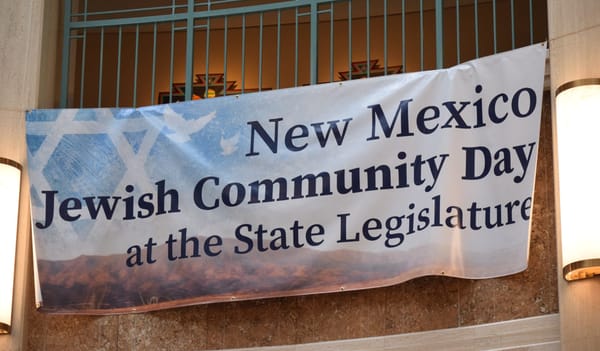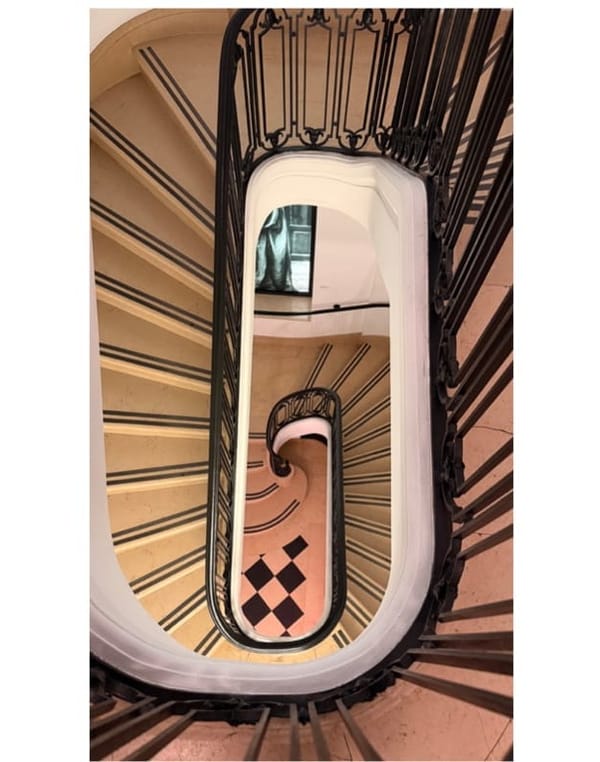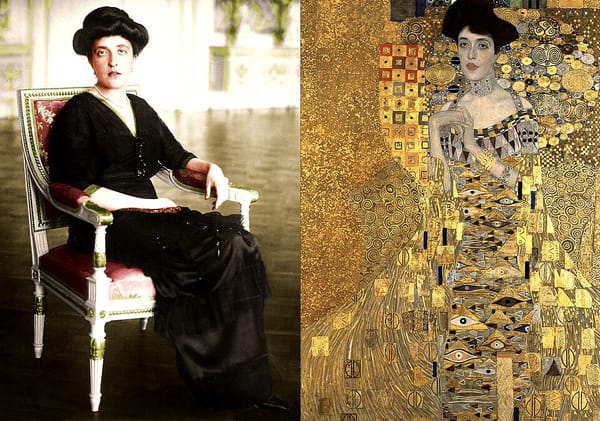Samuel's D'var Changed Us
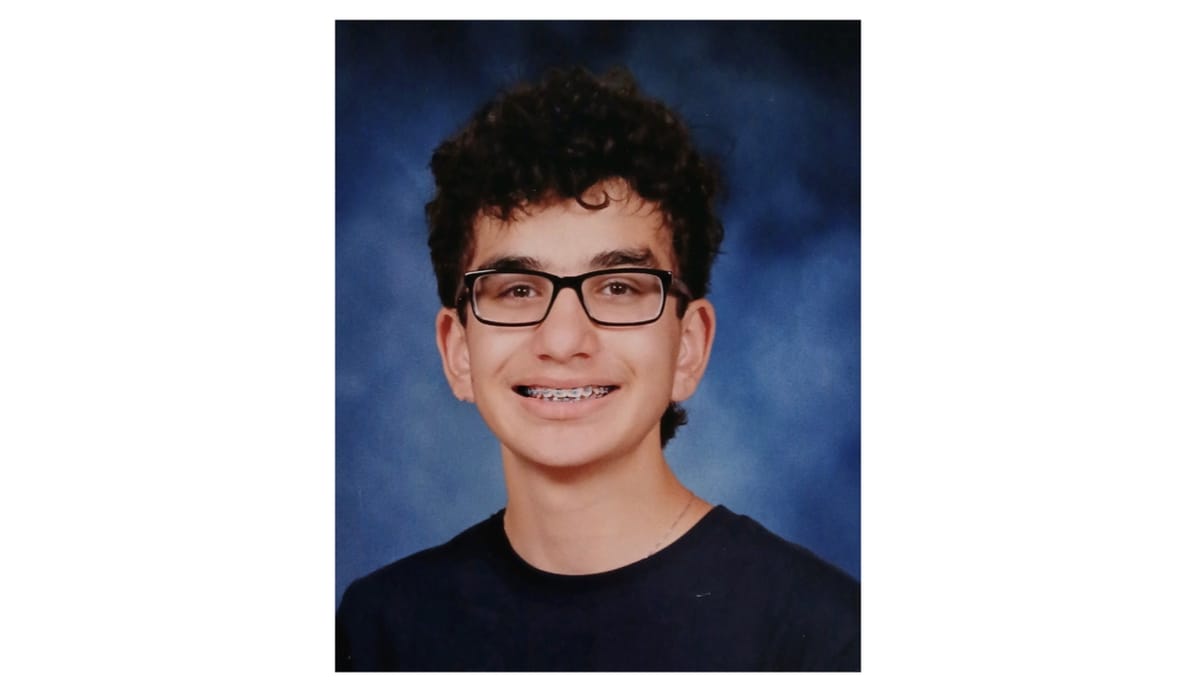
By Misha Sauceda, with Samuel
A year ago in March, Marty Sherman, from the Burial Committee, asked if the minyanaires could support a bar mitzvah for a young man named Samuel. His mother had died just a few weeks earlier, before he could complete this coming-of-age Jewish ceremony, and because of a series of unfortunate events, he could not have the event at the small Orthodox synagogue. Without hesitation, we said yes.
The rest of his family flew in from around the United States to support him and his father during this difficult time, and also to attend Sam’s bar mitzvah. Together, in our little chapel, Samuel held the yad to the scroll, his black-framed glasses and dark curly hair peeking from under his kippah, while his family and the minyanaires watched to honor and listen to him chant and read. It was quiet, powerful, and real. In that moment, something touching and poignant settled over all of us.
A few days later, I decided these two souls, adrift and in need of home-cooked food, should come to my weekly Shabbat dinner. And so they did—lighting candles, sharing challah, and eating chicken.
As the one-year anniversary of his mother’s death approached this year, I asked Samuel if we could mark it by repeating the same aliyah from his bar mitzvah. This time, with him only reading — no swirl of grief — just the Torah and his voice. Afterwards, could he do a short d’var about how he had changed over the past twelve months?
When he stood and read his d’var in the clear voice of a young man—unafraid and strong — it echoed in the small chapel and touched all of us as human beings and as Jews.
Here is that d’var:
Early last year, my mom and I were deciding where to go for my bar mitzvah in April of 2024. But she passed away the month before. I felt lost during that time, in a sudden whirlwind of change, and I didn’t know what to believe.
Today, I want to show how far I’ve come since my mother’s death, and I will be repeating the parsha, Shemini, from my bar mitzvah.
I was extremely close to my mom, and we had a deep connection to God. We prayed and studied together — that’s what we did.
But everything changed when my mother died.
While I was close with my dad, there were things I didn’t know. I suddenly met family members from my dad’s side right after her death.
When I met my dad’s family, I thought they were your average American family (except my grandfather was from India).
But as I got to know them, I started to discover the secret Jewish history my family had.
You see, my grandmother on my dad’s side is Jewish, and her sister and some of my other relatives are Jewish — giving me a new view on my family that made me think more about my origins.
It gave me a sense that Judaism has run deeper in my family than I thought.
My relationship with my dad changed too. I got closer to him and began to learn more.
My relationship with God changed too.
At first, I viewed my relationship with God as deep and spiritual. It changed overall into a more present and grounded relationship.
My life in the Jewish community also changed. At first, I thought the Jewish community in Albuquerque was very small and consisted of one synagogue — a small Orthodox one. But that changed when I walked into B’nai Israel, a much larger sanctuary and more people. Suddenly, my life in the Jewish community expanded.
I met all these wonderful people, such as Misha, Joseph, and Ananda. I went from having experiences only at a small Orthodox synagogue to meeting a very vibrant community at B’nai Israel.
When I had my first Shabbat dinner with Misha and her friends and family, I had a feeling of safety and comfort that was much stronger than anything I had felt before. So I kept going to these Shabbat dinners, because it was a place — besides home — where I felt safe and comfortable. I loved the sweetness of the tagine chicken because it reminded me of my mother’s chicken.
I realized that Judaism is this culture in which the people in it have a strong connection, and that this culture will be preserved for years to come as a result.
It shows that every Jewish person is connected in some way—genetically, spiritually, or culturally.
When my mother died, it didn’t just change my life—it changed a lot of other people’s lives, for the better or for the worse.
This time, I will be coming into this bar mitzvah with a new view on life, Judaism, family, and God.
Return to HOME
Community Supporters of the NM Jewish Journal include:
Jewish Community Foundation of New Mexico
Congregation Albert
Jewish Community Center of Greater Albuquerque
The Institute for Tolerance Studies
Jewish Federation of El Paso and Las Cruces
Temple Beth Shalom
Congregation B'nai Israel
Shabbat with Friends: Recapturing Together the Joy of Shabbat
New Mexico Jewish Historical Society
Where the North Ends, A Novel by Hugo Moreno
Policy Statement Acceptance of advertisements does not constitute an endorsement of the advertisers’ products, services or opinions. Likewise, while an advertiser or community supporter's ad may indicate their support for the publication's mission, that does not constitute their endorsement of the publication's content.
Copyright © 2025 New Mexico Jewish Journal LLC. All rights reserved.
